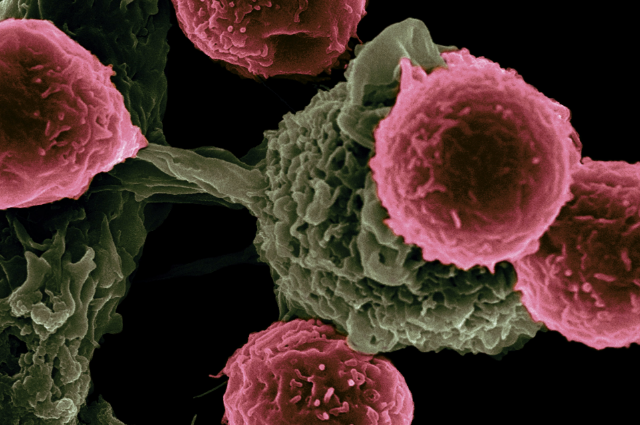
Image Source: o by National Cancer Institute on Unsplash
"Health is a crown that the healthy wear, but only the sick can see." - Amit Kalantri
In a startling and concerning growth, recent statistics have demonstrated an unprecedented 80% surge in cancer cases among individuals under the age of 50. This alarming trend has sent shockwaves through the medical community and has ignited debates on the possible grounds and implications of this dramatic boost.
Cancer, once predominantly associated with more geriatric age groups, has been steadily encroaching on younger demographics in recent years. While the authentic justifications behind this ripple are complex and multifaceted, several key elements are emerging as potential contributors.
One notable factor is lifestyle choices. Modern-day living has introduced a host of unhealthy habits that are putting younger generations at a higher risk for cancer. Poor dietary choices, sedentary lifestyles, and increased vulnerability to environmental toxins are just a few of the issues being scrutinized by experts.
Dr. Emily Adams, an oncologist at a prominent medical center, expressed her concerns: "The elevation in cancer cases among the under-50 population is deeply alarming. We're seeing patients with cancers once deemed rare in this age group, such as colorectal and breast cancer, becoming all too common. Lifestyle elements are playing a substantial function in this trend."
Another potential factor is genetics. Advancements in genetic research have authorized scientists to better comprehend the hereditary components of cancer. Some individuals may harbor genetic mutations that predispose them to developing cancer at a younger age. Genetic counseling and testing are becoming increasingly vital tools in identifying those at risk.
Moreover, delayed cancer screenings due to the COVID-19 pandemic may also be contributing to the spike in cases among younger individuals. With many routine screenings postponed or canceled during the apex of the pandemic, cancers that might have been detected earlier have had the opportunity to advance to more refined stages.
Public health officials and medical organizations are exhorting individuals, especially those under 50, to be assertive about their health. Regular check-ups, screenings, and embracing healthier lifestyles can go a long way in mitigating the danger of cancer.
Furthermore, healthcare systems must acclimate and assign resources to address this growing issue. Screening programs tailored to younger demographics, educational campaigns on the importance of early detection, and advanced research into the specific causes of cancer in this age group are all integral steps forward.
The 80% surge in under-50 cancer cases is a stark reminder that cancer does not discriminate by age. As we grapple with this concerning trend, a comprehensive strategy involving individuals, healthcare providers, and policymakers is paramount to rebounding the trajectory and ensuring a healthier future for all.
. . .
REFERENCE:
